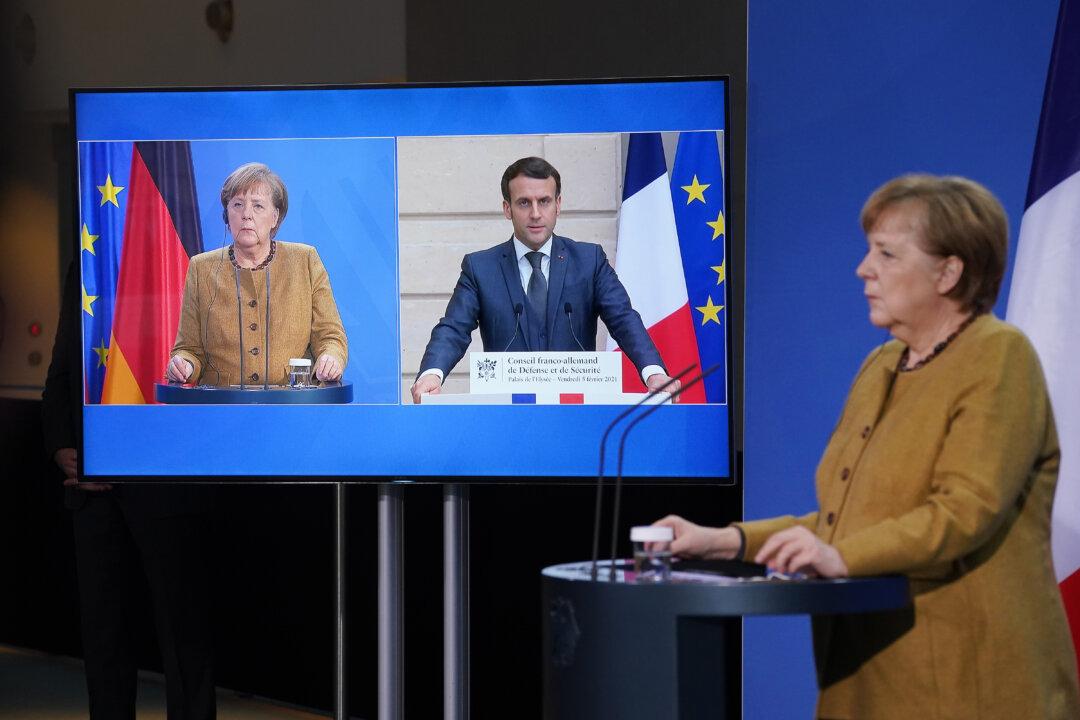WASHINGTON—President Joe Biden has promised that he would elevate diplomacy and seek a more coordinated approach with U.S. allies to address trade challenges posed by China.
His strategy to unite friendly nations to pressure Beijing, however, faces a rift as partners such as Germany and France have already signaled that they’re not on the same page.





